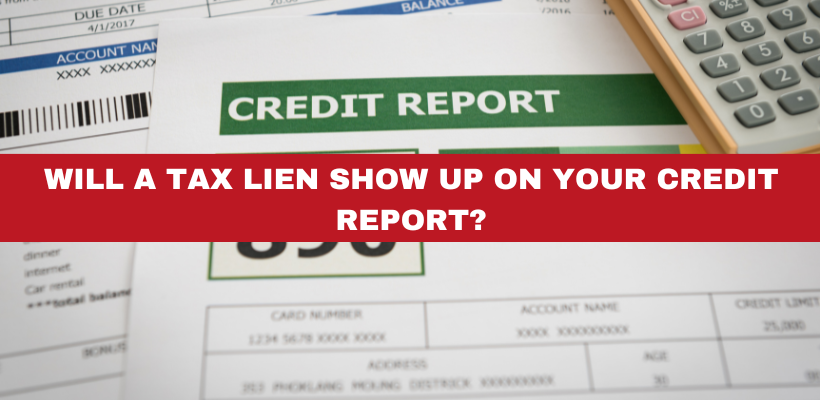If you’ve ever owed the IRS a significant amount of money, you may have encountered the phrase “tax lien.” A tax lien is the federal government’s legal claim against your property when you fail to pay your tax debts on time. For many taxpayers, the biggest concern is how a tax lien might affect their financial future, particularly whether it will show up on their credit report and lower their credit score.
In this post, we’ll take a look at what has changed in recent years when it comes to tax liens and credit reports, and what you should know if you find yourself dealing with a tax lien.
Changes in Credit Reporting Policy in Recent Years
Beginning in 2017 and continuing through 2018, the three major credit bureaus implemented significant changes in how they report public records, including tax liens. This move stemmed from the National Consumer Assistance Plan that included a set of reforms aimed at improving the accuracy of credit reports. Under the new guidelines, the credit bureaus tightened the requirements for reporting public records, including stricter identity-matching criteria and the need for frequent updates of public record data.
Since many public records, including tax liens, didn’t consistently meet these criteria, the credit bureaus decided to remove the majority of them from consumer credit files.
As a result, most tax liens stopped appearing on credit reports altogether.
This was a huge relief for taxpayers who were worried about the negative effects of a lien on their credit. It’s important to note that while the large credit bureaus have generally ceased reporting tax liens, policies can always change, and smaller or specialized bureaus might still track such data. However, for most mainstream lending and credit decisions, tax liens do not currently appear on standard consumer credit reports.
Final thoughts
While most tax liens no longer show up on standard consumer credit reports, they remain serious matters that can affect your financial future. Having a lien can make it difficult to borrow money, refinance a mortgage, or even sell your property. If you’re facing a potential tax lien, it’s critical to explore your options right away by either paying the debt, negotiating a settlement, or working out a payment plan with the IRS are all paths that can help you resolve the matter.







 Steven N. Klitzner, P.A. is a tax attorney based in Miami, Florida. He has been practicing tax law for over 40 years, and currently holds a 10.0 rating by Avvo. Mr. Klitzner was appointed to the IRS Service Advisory Council in 2021 and is...
Steven N. Klitzner, P.A. is a tax attorney based in Miami, Florida. He has been practicing tax law for over 40 years, and currently holds a 10.0 rating by Avvo. Mr. Klitzner was appointed to the IRS Service Advisory Council in 2021 and is... 





